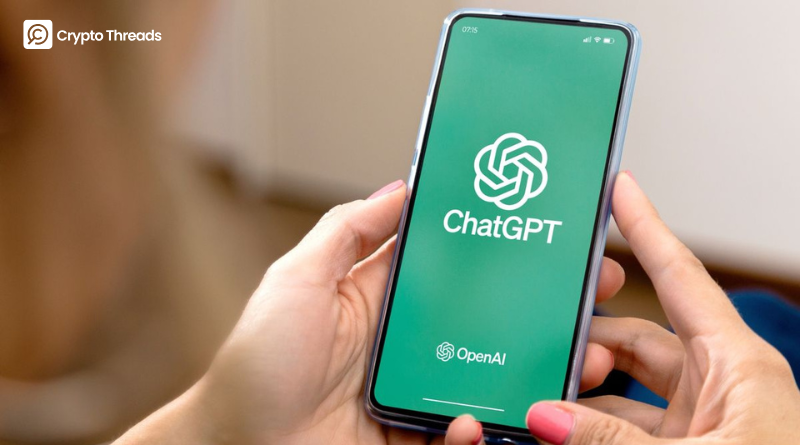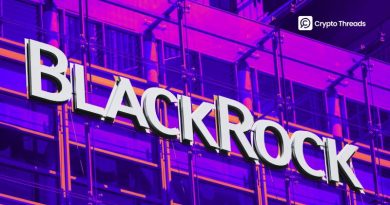ChatGPT-5 upgrade faces user backlash as AI rivals gain ground
Key takeaways
- ChatGPT-5’s debut faced immediate pushback from users over stricter rate limits and loss of model selection.
- OpenAI CEO Sam Altman promised to double GPT-5 rate limits for Plus users and restore GPT-4o access.
- Open-weight AI developers such as DeepSeek are gaining market share with competitive performance.
- DeepSeek’s app has recorded more than 75 million downloads since January.
Backlash prompts OpenAI to alter GPT-5 rollout
OpenAI’s release of ChatGPT-5 on August 7 was billed as a major leap forward from GPT-4. Within hours of its rollout, users were voicing complaints across Reddit and other platforms. Many reported slower response times, tighter rate limits and the removal of an option to revert to earlier models such as GPT-4o. The changes disrupted established workflows and triggered threats from some users to switch to rival services.
Chief executive Sam Altman addressed the criticism publicly. He pledged to double the rate limits for ChatGPT Plus subscribers once the rollout is complete and confirmed that GPT-4o will be restored as an option for those users. The company will monitor demand before deciding how long legacy models will remain available. Altman maintained that GPT-5 is a significant improvement in reasoning, creativity and accuracy.
The speed of the policy reversal underscored how sensitive the market has become to abrupt changes in widely used AI tools. Users often develop preferences for a specific model’s performance and style, and unexpected alterations can be perceived as a downgrade. Analysts note that in a sector with growing competition, preserving trust and user choice is as important as improving technical capabilities.
Open-weight competitors expand their footprint
As OpenAI moved to contain the backlash, open-weight AI developers continued to advance. Among the most visible is DeepSeek, which in April released Prover V2, a large language model built for advanced mathematics and theorem proving. The company followed in May with DeepSeek R1-0528, a general-purpose model that company benchmarks suggest performs on par with leading commercial systems in reasoning tasks.
Open-weight models allow users to download and run them locally, while keeping certain components such as training data private. This approach is not fully open source but offers more transparency than closed systems where model architecture and weights are inaccessible. It also enables developers to adapt the models to specific use cases without depending on centralized infrastructure.
DeepSeek’s products have found a receptive audience. Since its debut in January, the company’s app has been downloaded more than 75 million times, a pace that reflects growing demand for AI tools that combine competitive performance with more open access. Industry observers say the company’s rapid release schedule, coupled with its willingness to share model weights, has helped it establish a foothold in a market dominated by a few large players.
The contrasting fortunes of GPT-5’s rollout and DeepSeek’s momentum highlight a shifting competitive landscape. Technical improvements remain essential, but market success increasingly depends on stability, user control and transparent communication. For OpenAI, the lesson from this launch is clear: innovation must be paired with a consistent and predictable user experience to maintain leadership in a crowded field.



